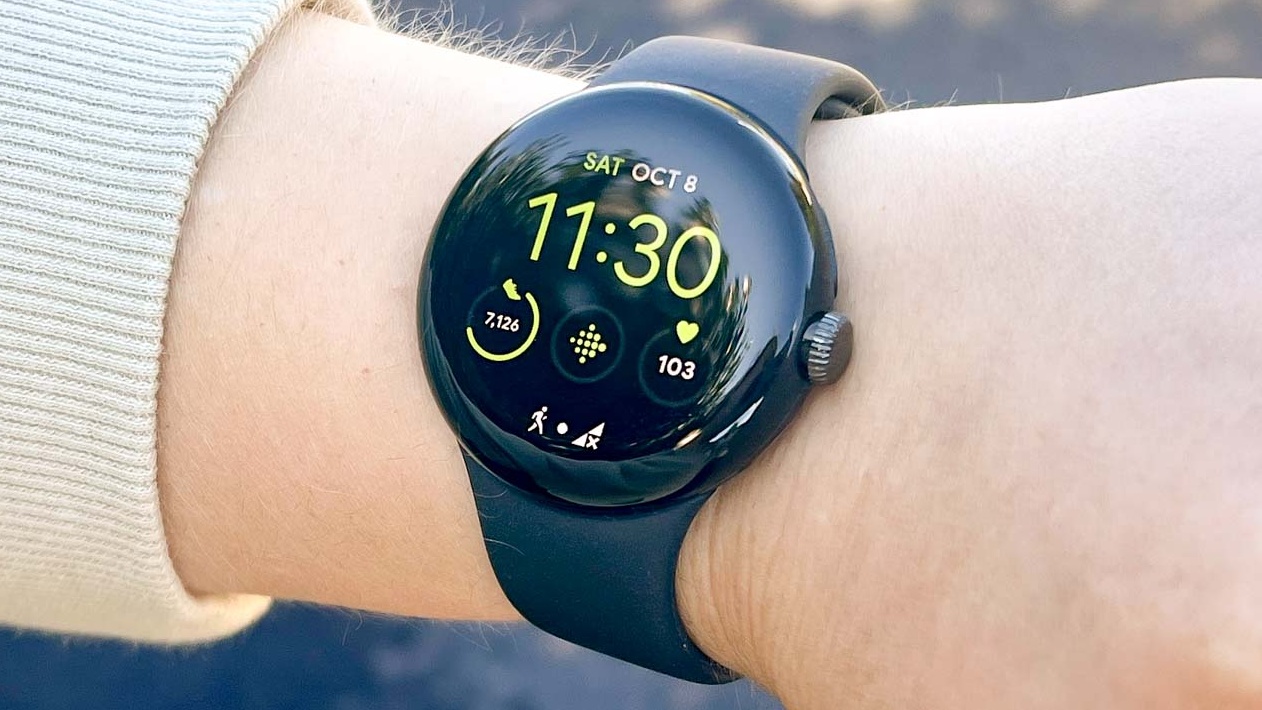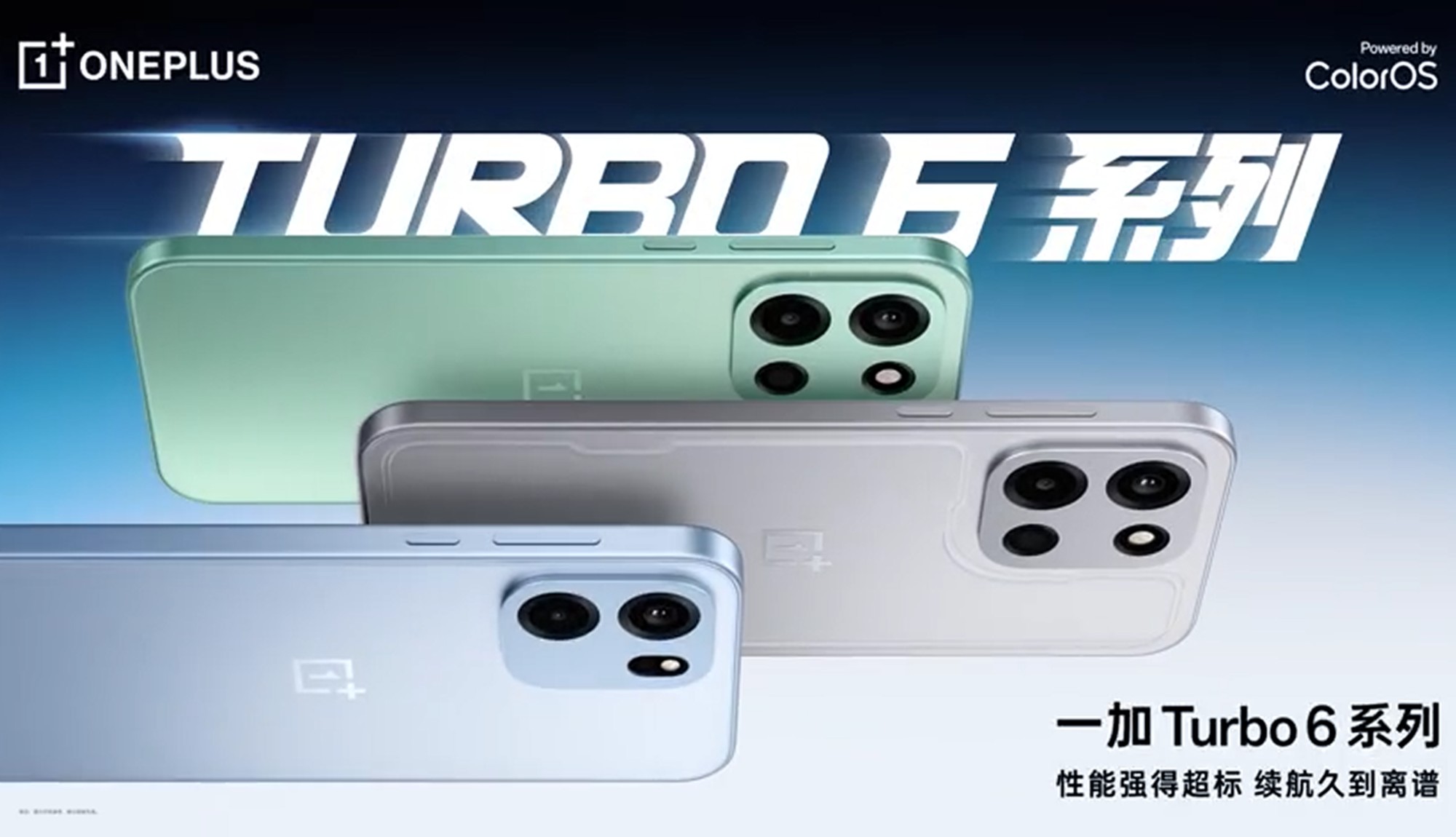A serious Wear OS running watch could be coming soon
Polar signals an interest in trying out Wear OS for a second time

As a very crude rule of thumb, when buying a wearable, you have to prioritise serious fitness tracking (think Garmin, Coros, Fitbit, etc.) or smartwatch features (Samsung, Google, Mobvoi, etc.). Yes, there’s a bit of overlap between the best smartwatches and best running watches, but running watches lack the smarts and looks of smartwatches, while smartwatches generally lack the accuracy and/or detail to appeal to serious runners.
Polar, a serious player in the running watch world, may be looking to bridge that gap with a future wearable running Wear OS. In an interview with Wareable, Polar CEO Sander Werring told the site that the company was open to giving Google’s smartwatch operating system a go.
“Yeah, it's an option,” Werring said when asked about the possibility. “This is really a state of technology kind of a question. And we do see this technology now appearing.
“The direction for this type of technology largely comes from the chipset manufacturers. There's new technology around which enables CPUs to have an additional chipset hub, and to help you could incorporate algorithms that are proprietary to make them work for a wearable device.”
Polar is unusual amongst sports wearable makers in that it has tried Google’s smartwatch OS before — back in 2016 when it was still called Android Wear. That appeared on a device called the Polar M600, which we concluded was good as a smartwatch but “falls short of expectations once you start running.”
How could it be different now? “We had to do too much heavy lifting in those days because there was no reference whatsoever for this type of technology on Wear OS,” Werring continued. “This is the reason why we didn't see it through - and sometimes that's the case with innovations; sometimes you are too early.”
A battery life dilemma
More recently, another big running watch brand has tried Wear OS and been equally stymied. We didn’t review 2020’s Suunto 7, but our sister site TechRadar did, and found the compromises to battery life (around 1.5 days) a bit hard to swallow in a premium running watch.
Get instant access to breaking news, the hottest reviews, great deals and helpful tips.
Indeed, battery life on Wear OS does appear to be an Achilles heel generally. Google’s own reference Wear OS device — the Pixel Watch — is built with daily charges in mind, and Samsung’s Galaxy Watches show less stamina since switching from Tizen to Wear OS. On the latter, Galaxy Watches used to last up to four days — something that has dropped to one and a bit since switching to the former. Even the Galaxy Watch 5 Pro, with its enormous 590mAh cell, only lasted for around three days in our real-world testing.
These battery shortcomings can be a deal breaker for athletes. Marathon runners, in particular, need to be sure that their GPS powered watch is going to go the distance with them, without giving up at the halfway point.
But hardware efficiencies could make a big difference. Qualcomm’s Snapdragon W5+ platform reportedly uses 50% less power, which could be all-important, and Werring appears mindful of this. “It’s an exciting development from a power management perspective, and also the dedication to, let's say, wrist wearable devices or smaller wearable devices,” he told Wareable.
A serious running watch powered by Wear OS truly promises the best of all worlds — and would give Android users their own competitor to the jack-of-all trades Apple Watch 8 and Apple Watch Ultra. If Polar does choose this route, and the execution is right, then we could well see a new addition on our list of the best smartwatches.
Read Next: Top Picks
- I test earbuds for a living and this awesome AirPods rival is $80 less
- Spotify's redesign is so bad I’m considering switching to Apple Music
- I did 50 lateral step-ups every day for a week — here’s what happened
Freelance contributor Alan has been writing about tech for over a decade, covering phones, drones and everything in between. Previously Deputy Editor of tech site Alphr, his words are found all over the web and in the occasional magazine too. When not weighing up the pros and cons of the latest smartwatch, you'll probably find him tackling his ever-growing games backlog. He also handles all the Wordle coverage on Tom's Guide and has been playing the addictive NYT game for the last several years in an effort to keep his streak forever intact.

